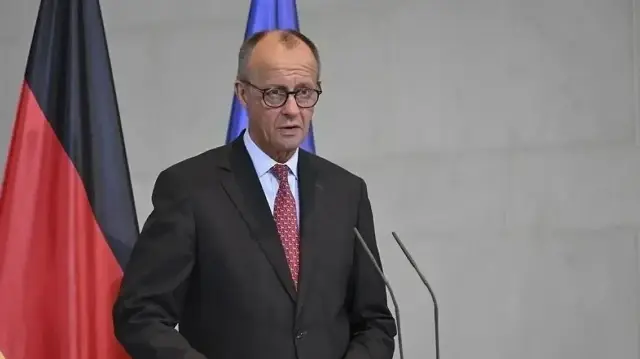German Chancellor Friedrich Merz has openly questioned the European Union’s capacity to exert decisive influence over the ongoing conflicts in the Middle East. In a recent interview, he presented a stark view of the current global landscape, suggesting a shift away from international law.
A new global power dynamic
Merz argued that the world is witnessing the “temporary end” of a multilateral system grounded in established rules. He described a transition into a phase where raw strength and power politics are taking precedence in many regions. This context, he insisted, makes accusations against the EU misdirected, as the bloc lacks the necessary tools—such as specific military capabilities—to force ceasefires or disarm groups like Hamas.
Germany’s position and historical responsibility
Despite the EU’s overall limitations, the German chancellor pointed out that Germany itself maintains a distinct diplomatic position. He noted that Berlin is likely the only European nation that can communicate effectively with both the Israeli government and various Arab states. However, Merz was unequivocal in stating that Germany is not a neutral mediator, but a firm ally of Israel, a stance he repeatedly links to Germany’s “historical responsibility” stemming from the Holocaust.
Divergence from European allies
This unwavering support for Israel has placed Berlin at odds with several of its key European partners. While countries like France, the UK, and Belgium have moved to formally recognize Palestinian statehood, the German government continues to oppose such a measure. Berlin has also resisted calls from within the EU to impose sanctions on Israeli ministers or suspend trade agreements over allegations of war crimes, further highlighting its isolated stance on the matter.
